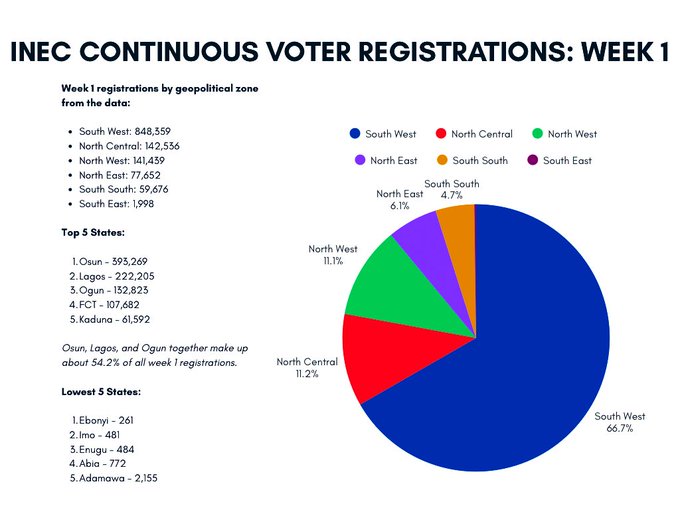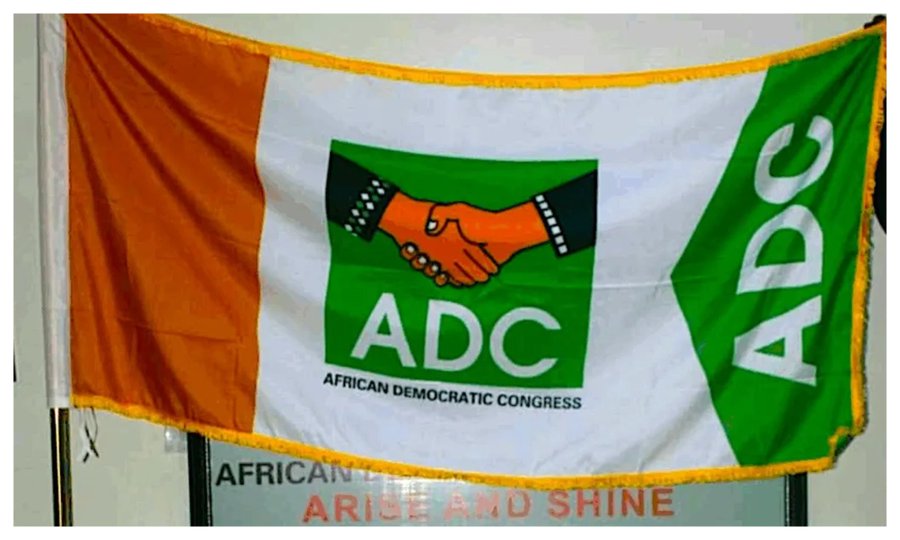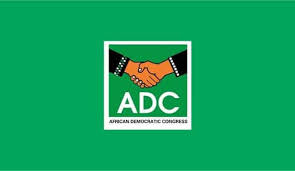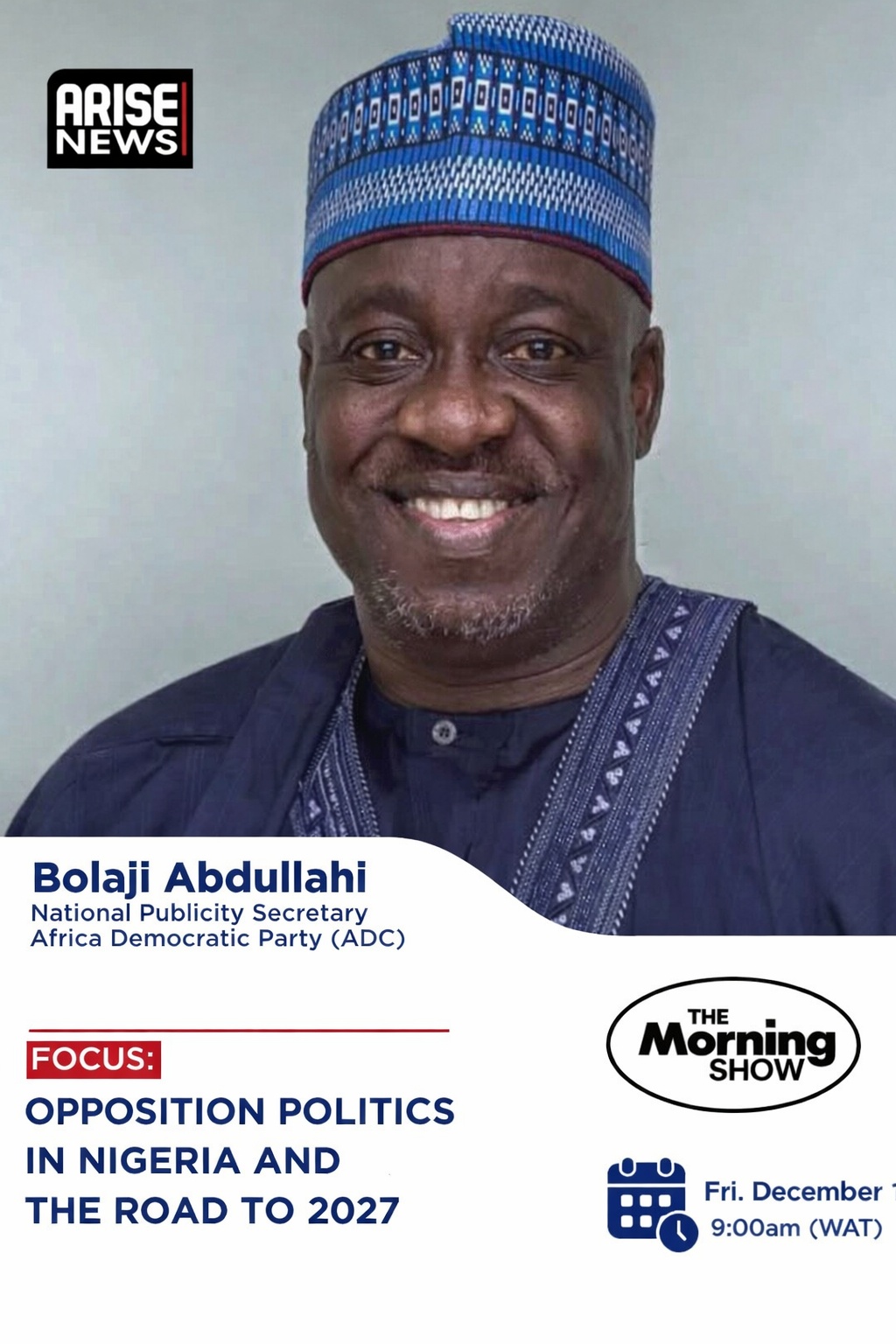
Party demands full audit over “statistically implausible” registration surge in Osun, South West
The African Democratic Congress (ADC) has raised alarm over what it described as “statistically implausible” voter registration figures released by the Independent National Electoral Commission (INEC) in its first-week report on the ongoing Continuous Voter Registration (CVR) exercise.
According to the figures, Osun State alone recorded 393,269 new pre-registrations in just seven days, a number that the party insists is out of step with both historical records and demographic realities.
In a statement signed by its National Publicity Secretary, Mallam Bolaji Abdullahi, the ADC warned that if left unchecked, the irregularities could severely undermine public confidence in Nigeria’s electoral system.
Unusual spike in Osun State
The party pointed out that Osun State added only 275,815 new voters over a four-year period between 2019 and 2023. The fact that the same state has now reportedly registered more voters in just one week than it did across an entire electoral cycle is, in the words of the ADC, “statistically implausible.”
Even at the peak of political mobilisation during the 2022 governorship election, Osun produced 823,124 votes cast in total. Yet INEC’s new data suggests that nearly one-fifth of the state’s adult population rushed to register within a single week.
“This is not just unusual; it raises serious red flags about the credibility of the process,” the statement read.
Regional imbalance
The ADC also flagged what it described as glaring regional disparities in INEC’s registration data. According to the report, the South West alone accounted for 848,359 pre-registrations, equivalent to 67 percent of the national total.
By contrast, the entire South East recorded only 1,998 pre-registrations, while five states (Ebonyi, Imo, Enugu, Abia, and Adamawa) combined barely managed 4,153, representing 0.2 percent of the national figure. The North East as a whole contributed just 6.1 percent.
Within the South West itself, three states (Osun, Lagos, and Ogun) together accounted for more than half of all pre-registrations across the country.
“These fantastic figures suggest either another technical ‘glitch’ in INEC’s digital registration system or, worse still, deliberate manipulation of data to lay the ground for a more sinister agenda in the coming elections,” the ADC warned.
Demand for forensic audit
The party stressed that the voter register is the bedrock of any credible election and that any manipulation at this stage could have far-reaching consequences.
“Nigerians still remember the bitter consequences of flawed voter rolls and so-called ‘technical glitches’ in previous elections,” the ADC noted. “Our democracy cannot afford another compromised process.”
The party therefore called on INEC to conduct and publish a full forensic audit of the first-week pre-registration figures. It urged the electoral body to provide a transparent, state-by-state breakdown of both physical and online registrations, as well as make public server logs, bandwidth allocation, and regional access reports from the registration portal.
Building collective accountability
Beyond its direct call to INEC, the ADC appealed to opposition political parties to rise above rivalry and demand accountability together.
“This is not just about party politics; it is about safeguarding the future of Nigerian democracy,” the statement added.
The party also urged civil society groups, election monitoring organisations, and fact-checking bodies to independently scrutinise the figures. According to the ADC, such vigilance is necessary to protect the integrity of the electoral process and prevent a recurrence of the controversies that marred previous elections.
A test of trust for INEC
For the ADC, the credibility of the Continuous Voter Registration process will serve as a litmus test for INEC’s readiness to deliver free and fair elections.
“If the foundation of the register is compromised, every other part of the electoral process will be called into question,” the party stated. “INEC must come clean on these anomalies before trust is completely eroded.”
The ADC concluded its statement by reaffirming its commitment to defending democratic integrity, insisting that the Nigerian people deserve clarity, transparency, and fairness from the body mandated to conduct their elections.
Broader implications
Political analysts say the ADC’s concerns may reignite debates about electoral transparency in Nigeria, particularly in light of lingering public scepticism following the 2023 elections. With pre-registration figures now in dispute, pressure is mounting on INEC to provide explanations that satisfy both political actors and the electorate. INEC’s response in the coming days will go a long way in shaping whether the public approaches the next general elections with confidence or with suspicion.”
For now, the ADC’s position is clear: extraordinary claims require extraordinary explanations, and INEC must provide them if the credibility of Nigeria’s democracy is to be preserved.







Comments (6)
gBqsPxAZ
06 Dec, 2025 at 05:00 PM1
gBqsPxAZ
06 Dec, 2025 at 05:00 PM1
gBqsPxAZ
06 Dec, 2025 at 04:59 PM1
Ibrahim sule
24 Oct, 2025 at 09:48 PMI believe that an ADCs chiefs now it professionally.
* * * <a href="https://shoecareclinic.co.uk/index.php?gueyzz">Your gift drop just landed - claim it before it is gone</a> * * * hs=3aff9727370e2fa68c54087f46667ee5* ххх*
20 Sep, 2025 at 04:36 PMiabfzb
* * * Apple just dropped it You could pick it up for free: https://shoecareclinic.co.uk/index.php?gueyzz * * * hs=3aff9727370e2fa68c54087f46667ee5* ххх*
20 Sep, 2025 at 04:36 PMiabfzb